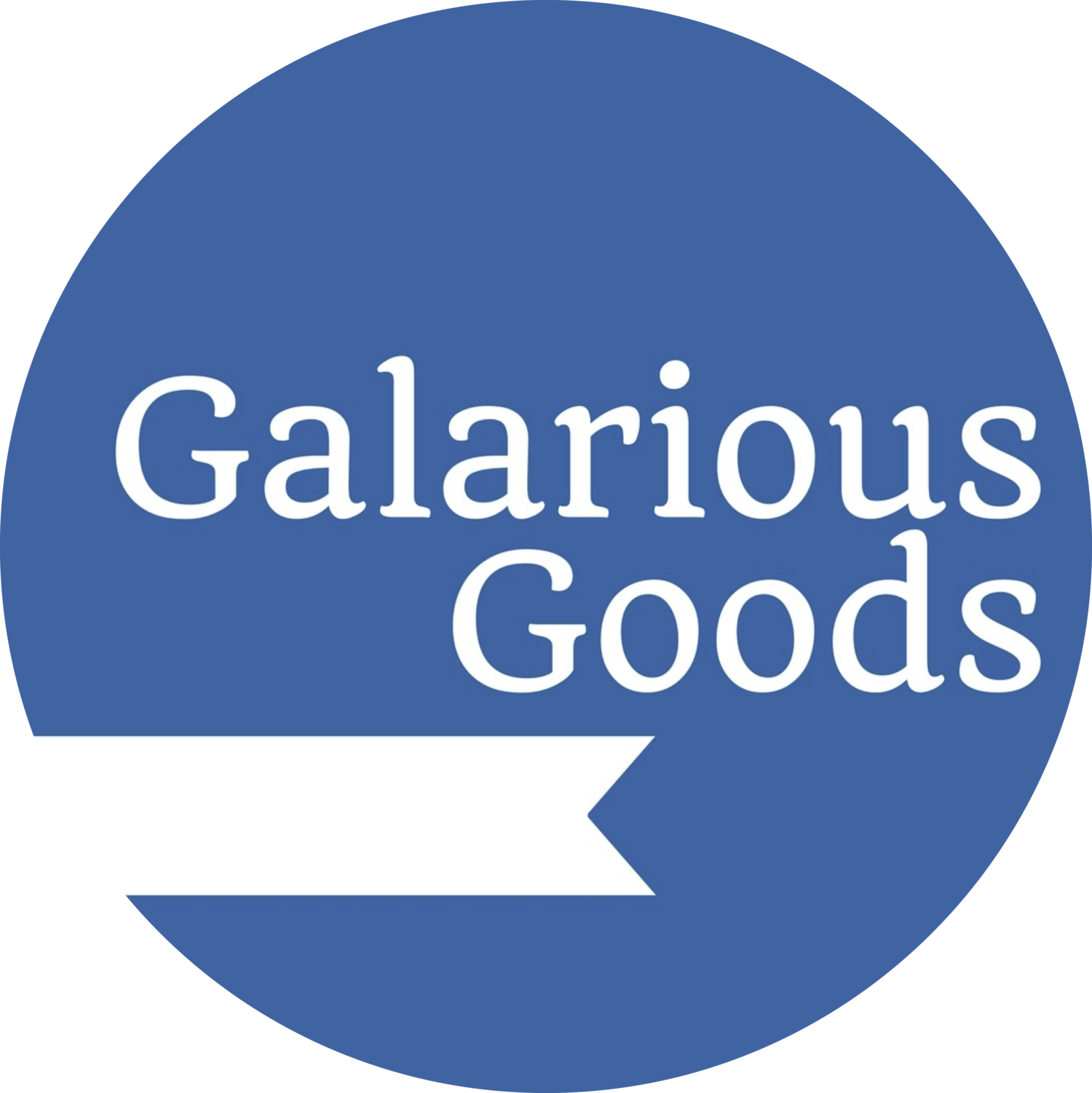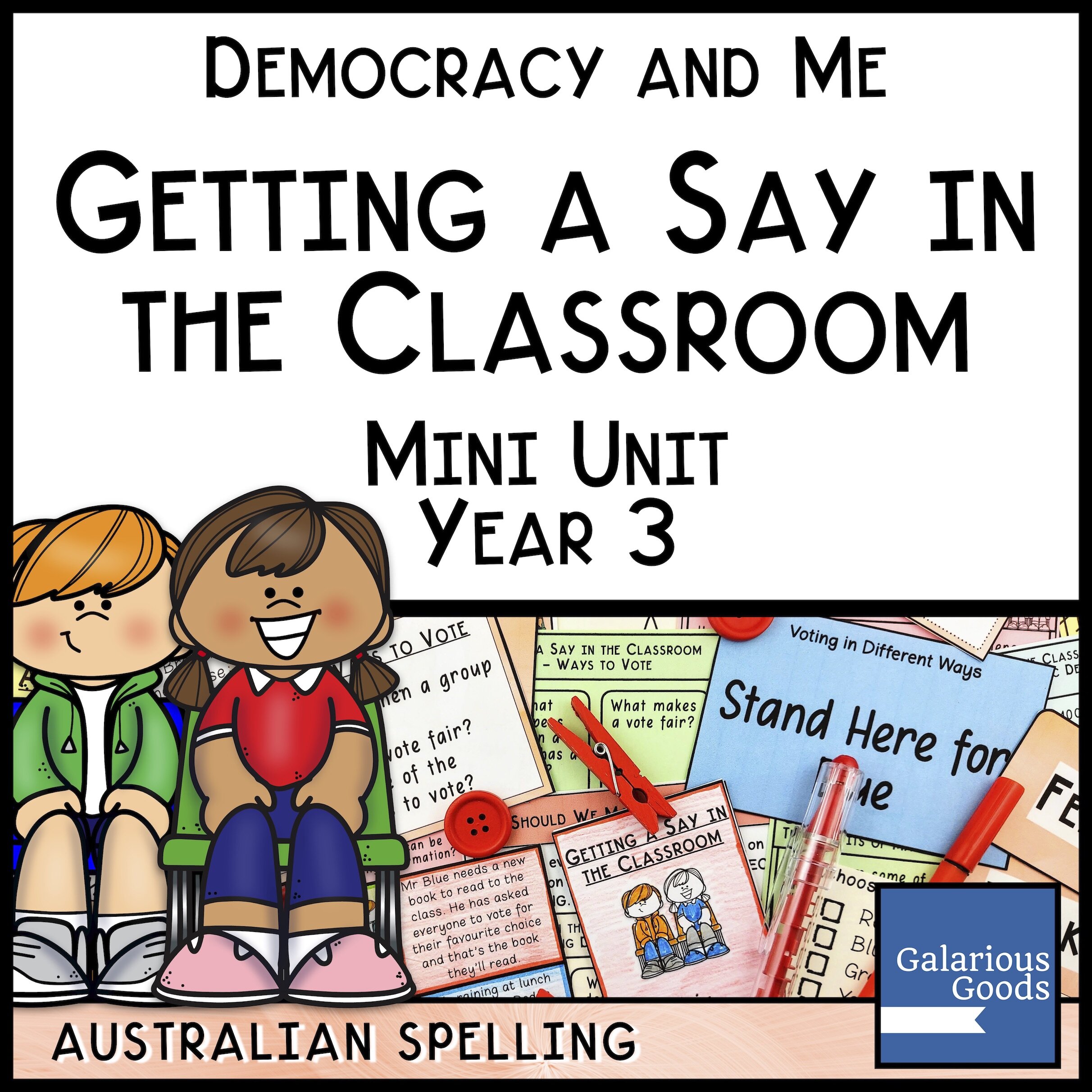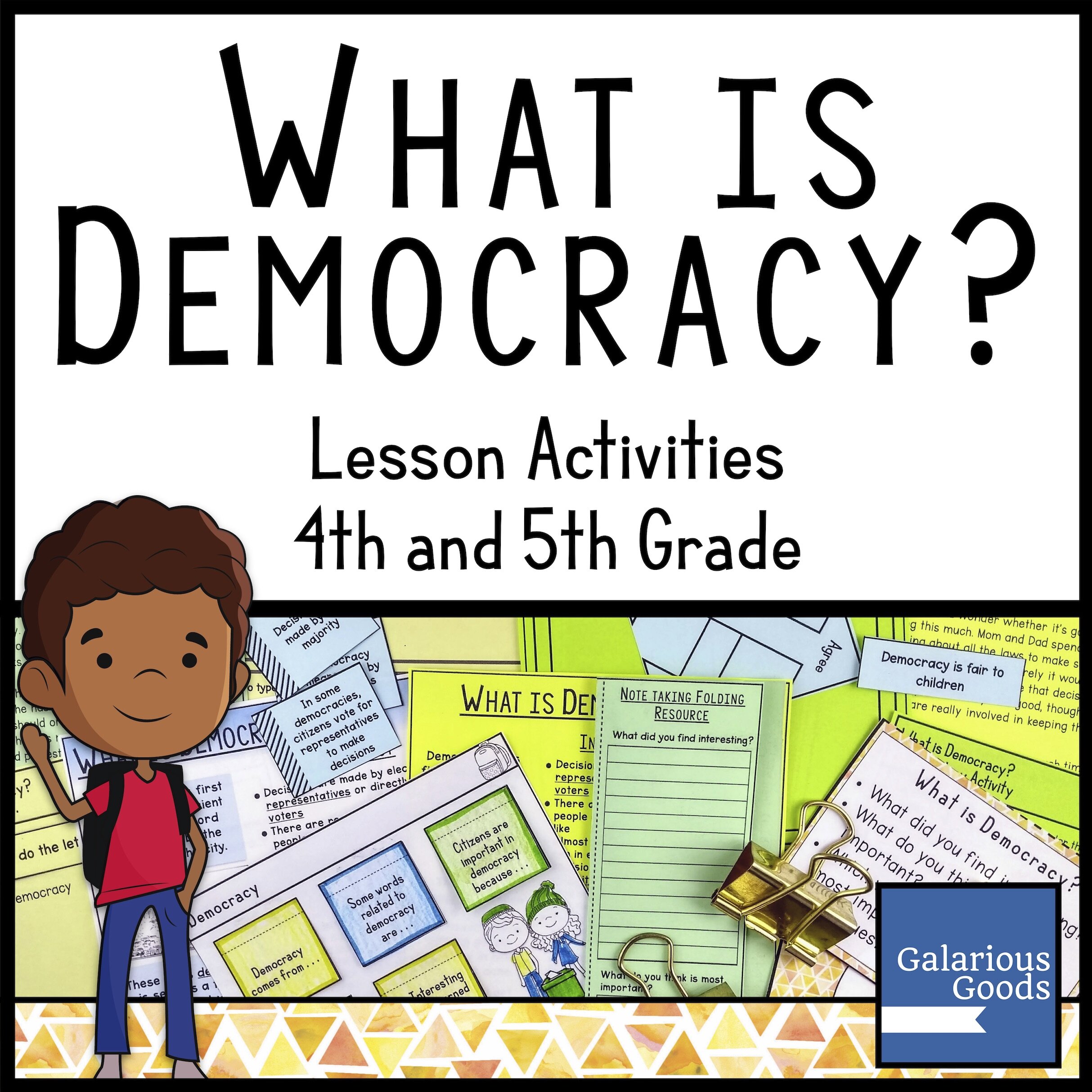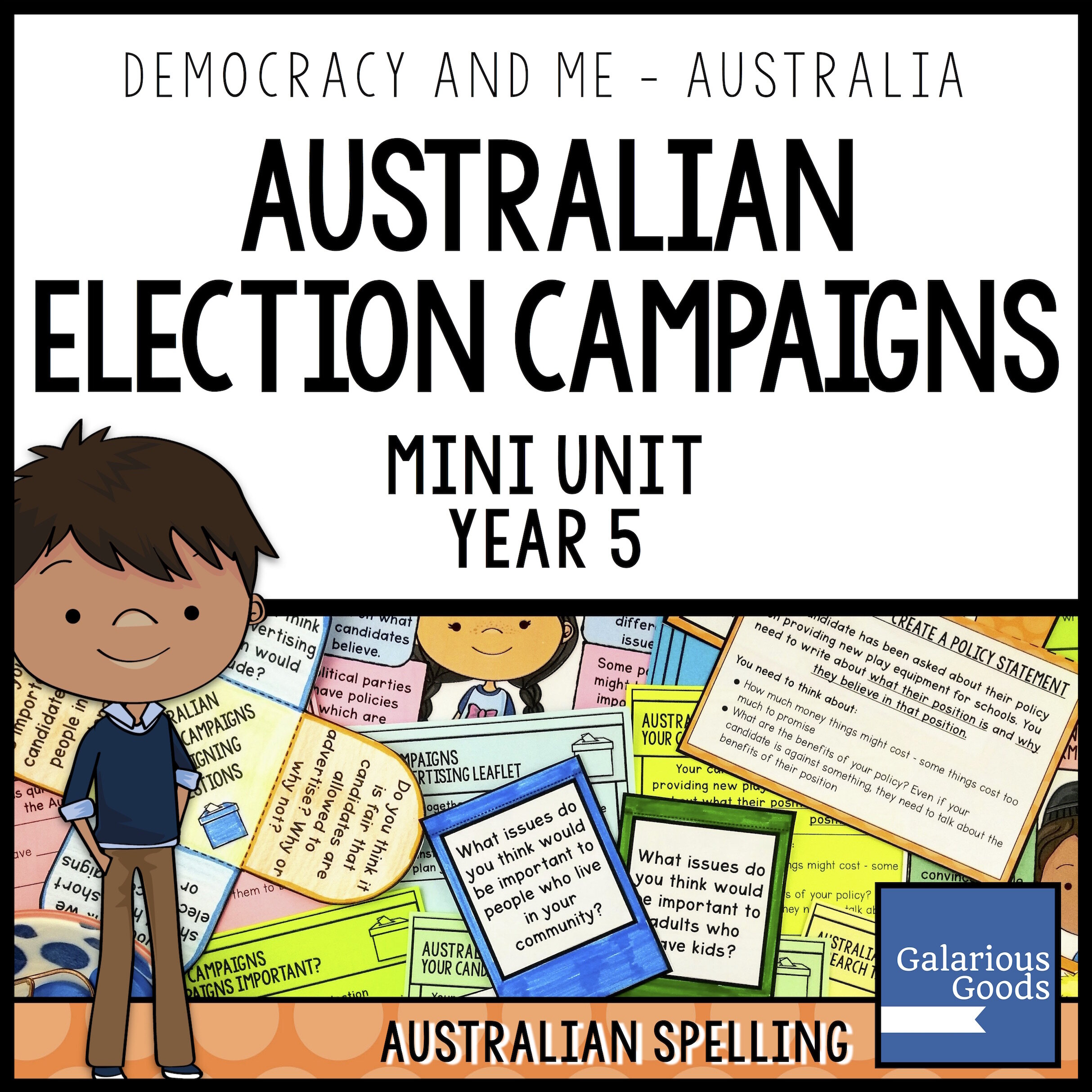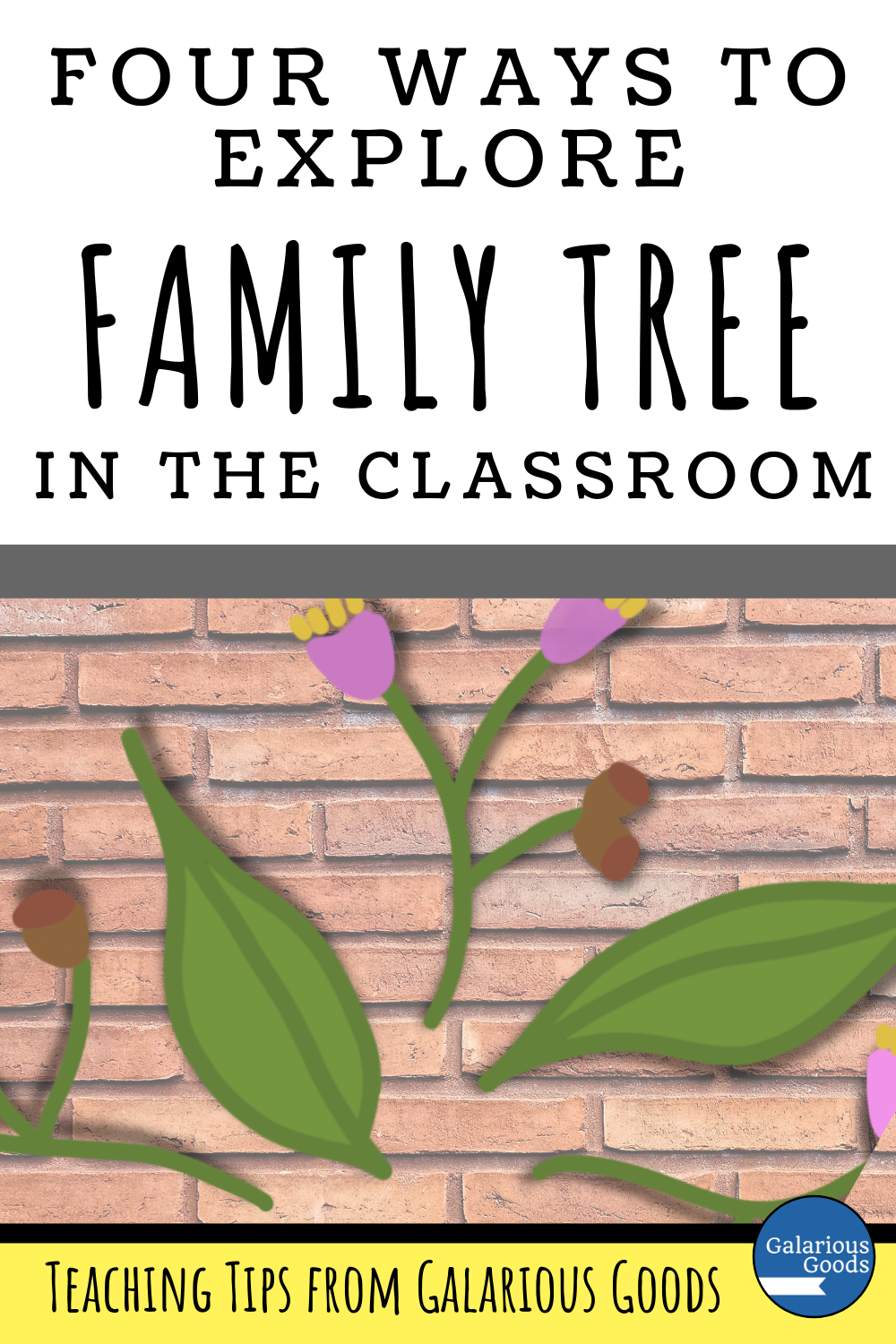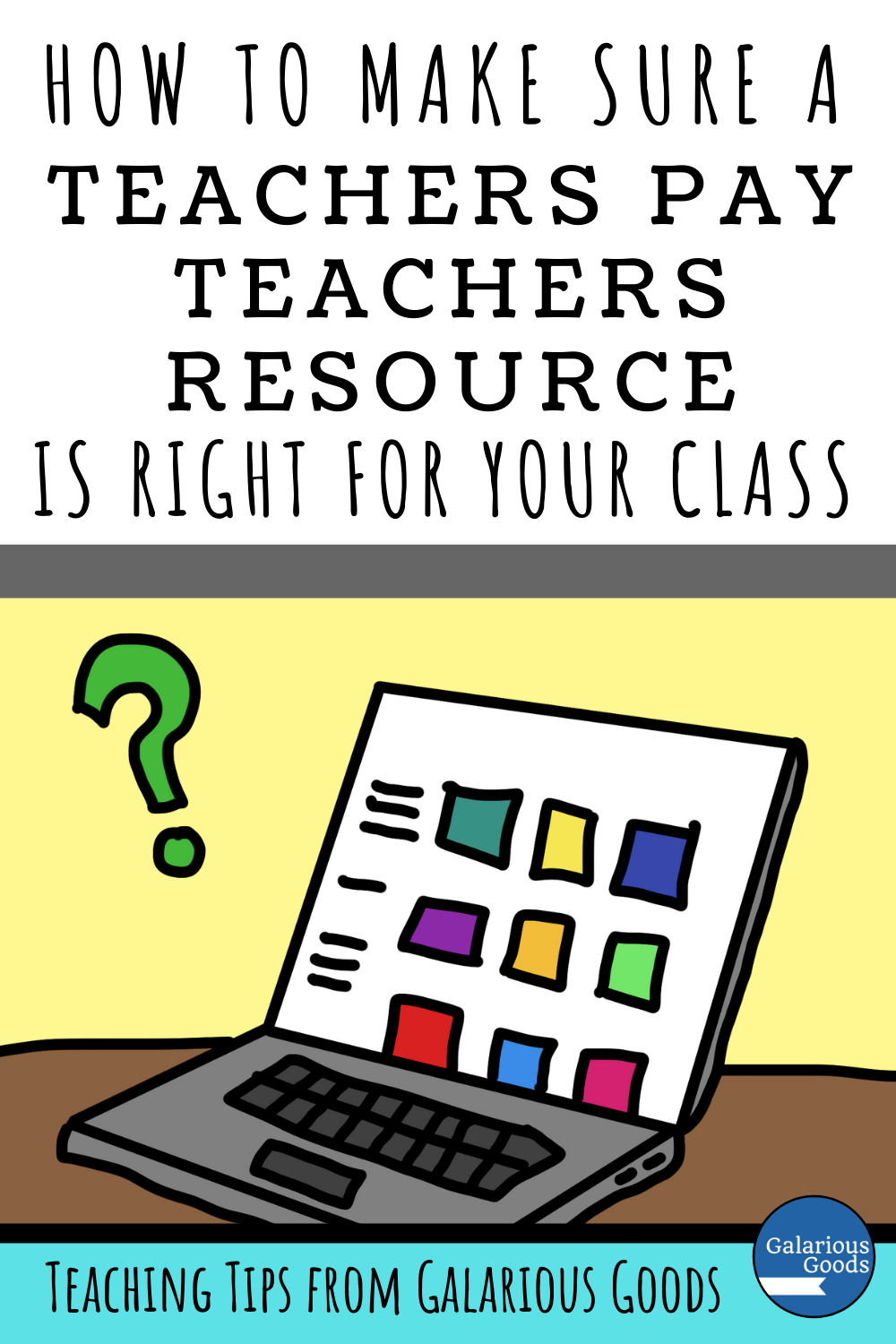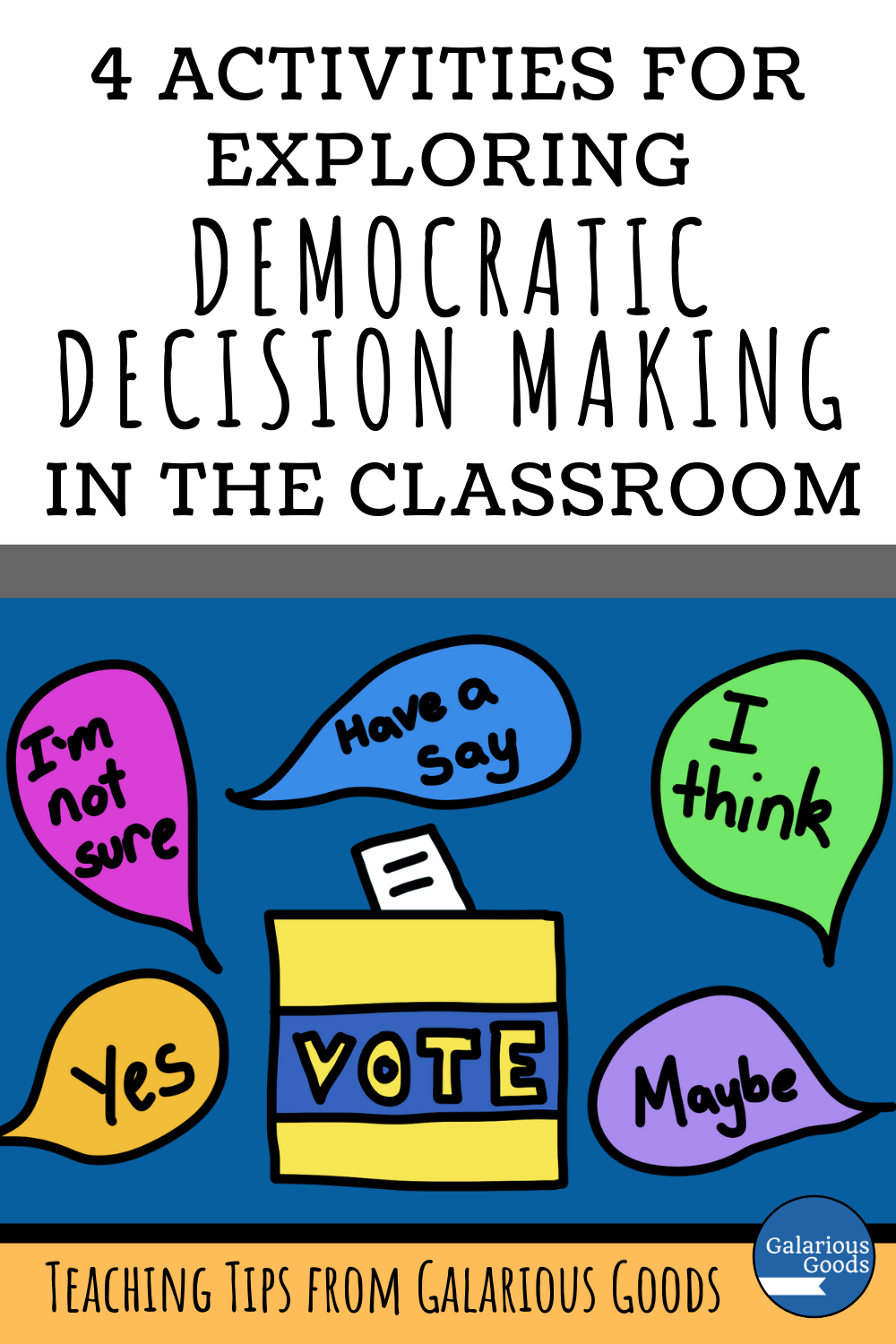4 Ways to Use Songs To Make Your Lessons Sing
/Some of my earliest memories of school include singing songs and using chants to remember what I was learning. (A is for Apple, A, A, A is still imprinted on my mind!). Songs are a wonderful way to help students understand and remember different learning topics - so where can we find them and how can we used them in the classroom?
Luckily for us, we live in the time of the internet and YouTube! This allows us almost instant access to some amazing educational songs which we can play right to our classes. One of my favourite bands for educational songs is They Might Be Giants. They have a couple of educational albums including Here Comes the ABCs and Here Comes the 123s, but the one I've used the most is Here Comes Science - I have a strange love for their Solid Liquid Gas song!
Schoolhouse Rock is a classic example of educational songs for a reason - even outside of the United States it's likely that you've heard at least some of their songs. These songs were originally created when an advertising executive realised that his son could remember all the lyrics to songs even though he was having trouble remembering multiplication tables. There's lots of songs available covering a range of topics - in English, Mathematics, Science and Social Studies.
There are also a really wide range of teacher and student created educational songs! Some educators and classes have been incredibly creative with how they've explored a topic and they've been kind enough to share their creations with the internet.
But how can we use educational songs in the classroom?
1. Introduce New Topics and Gain Interest
Songs can be a wonderful way to introduce a new topic to a class. It may be directly connected to the topic you're going to be covering (like the Solid Liquid Gas song when you're about to explore solids, liquids and gases) or it might be indirectly connected (like protest songs when you're covering the Vietnam War and reactions to it). Students can just listen to the song, watch a music video or examine the lyrics. They may note new vocabulary, discuss what they think they're going to learn, or make connections to topics they've already covered or knowledge they already have.
2. Reinforce Facts, Events or Processes
Once students have been introduced to new topics or ideas, songs can assist in reinforcing them. This can be particularly useful for things which need to be memorised, like mathematical facts or formulas or historical dates. It may also offer an alternative way of looking at a topic - something which can be very useful for some students who are having difficulty with the way the material has been covered.
3. Prompt Questioning and Further Exploration
While songs can definitely tell a story or provide information, their structure and length - and the fact that many are written for entertainment - means that inevitably parts are left out. This is great for us as teachers though, because we can use songs to prompt further questioning and exploration - did George Washington and Alexander Hamilton really have a close working relationship like they did in Hamilton? Why did Constantinople become Istanbul? What is the story told in From Little Things Big Things Grow?
Students can brainstorm these questions while listening to the songs, annotate on the lyrics of the songs or use a display board to add questions to as they learn more about the song and the events or ideas it describes.
4. Create Your Own Songs
Can't find a good song for the topic you're covering? Then write your own (or ask your students to write one for you!)
Creating a song for your students, or having your class work together or in small groups to write songs can help to refine the topic you're teaching and really concentrate on what's important. Students need to show a really good understanding of the topic to create effective songs and the process can be a great way of clarifying and assessing what they know.
Lots of teacher and student created songs begin as parodies of well known songs - this can make life much easier because you're not having to come up with the music or the rhythm of the songs - you're just fitting words into an already created structure. Some students (and teachers!) however, may enjoy the creative freedom of coming up with a brand new song.
